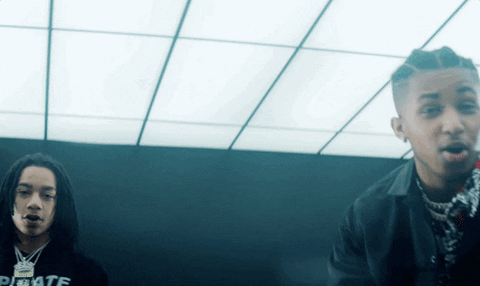Ender’s Game, the classic science fiction novel by Orson Scott Card, is a thought-provoking exploration of warfare, leadership, and morality. The story revolves around young Andrew "Ender" Wiggin who is trained to become a military genius in order to save Earth from an alien race called Formics. As we follow Ender's journey through the Battle School, it raises several ethical questions that challenge our understanding of right and wrong.
One major ethical consideration presented by this novel is the use of children as soldiers. The story explores how society justifies using young minds for warfare under the guise of protecting humanity from an external threat. This brings up discussions about consent, exploitation, and the long-term effects on these child soldiers once they grow up.
Another aspect to consider is the concept of 'the other'. In Ender's Game, humans are at war with the Formics - a race that has been portrayed as evil and inhuman throughout the narrative. This dichotomy between us vs them creates an environment where it becomes easier for characters like Colonel Graff to manipulate and control Ender by playing on his emotions towards 'the other'. It raises questions about how we perceive different cultures, races or species, and whether these perceptions lead us down a path of violence.
In conclusion, while Ender's Game is an exciting tale filled with action-packed battles and strategic gameplay, it also serves as a platform to discuss complex ethical issues such as the use of children in warfare, perception of 'the other', and moral dilemmas faced by individuals caught up in larger conflicts. These discussions make this novel not just entertaining but also thought-provoking, encouraging readers to reflect on their own beliefs about morality and justice.
